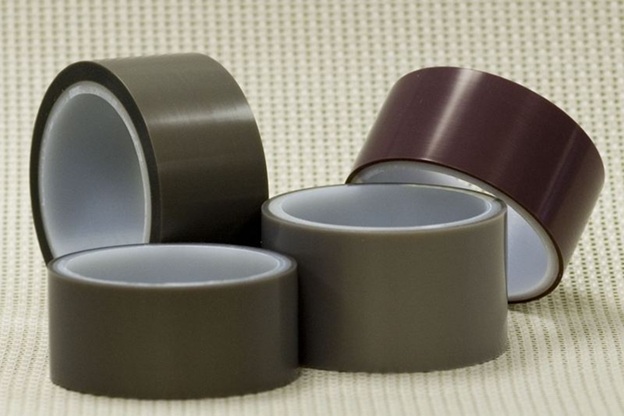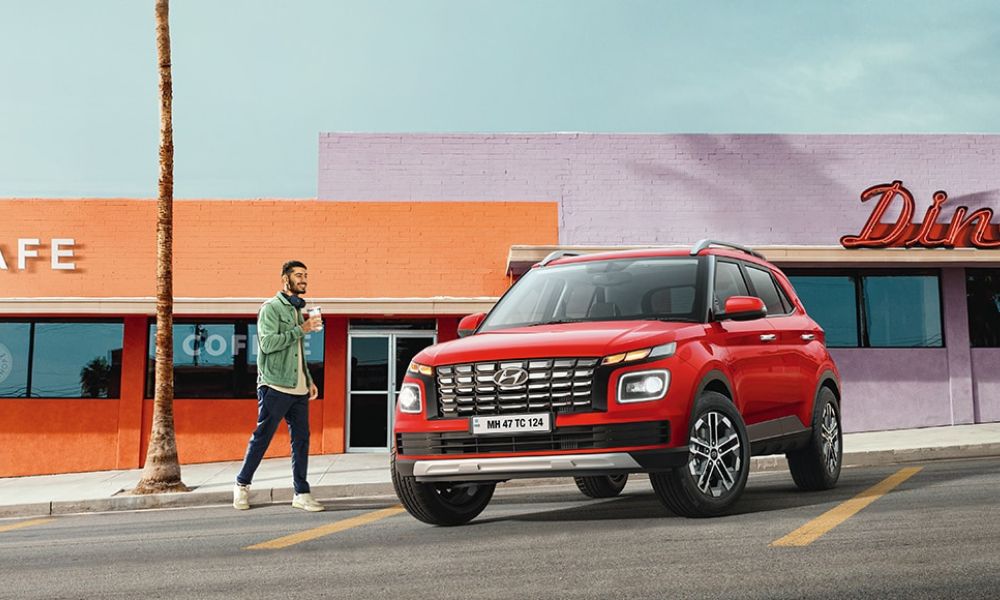If you own a vehicle long enough, you’re likely to face the dilemma of needing major repairs, and wondering whether it’s time to trade your car in for a newer model. Deciding whether to fix or replace your car is not always an easy decision, but there are several factors to consider when making your choice.
The initial cost of repairs versus the cost of a new vehicle is one of the primary factors. In general, if the repair costs exceed more than 50% of the car’s value, it’s usually considered a better financial decision to replace it. Another factor is the frequency and likelihood of future repairs, as older cars generally require more frequent and expensive maintenance, making it more cost-effective to replace.
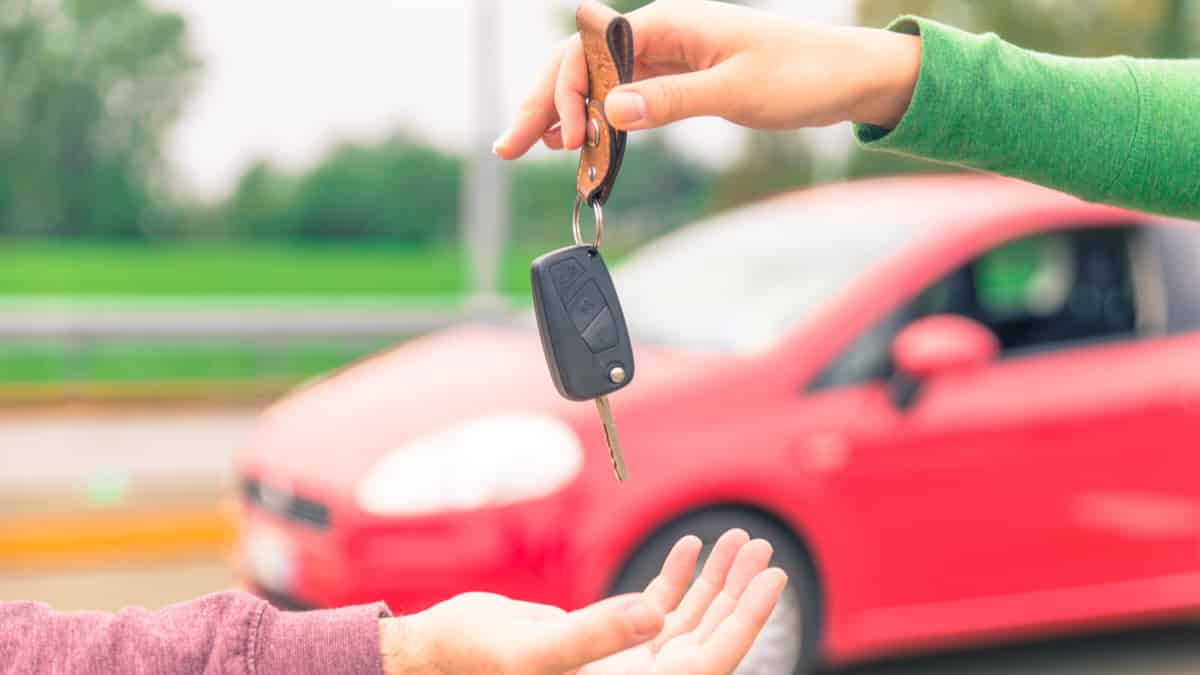
Additionally, sentimental value may enter the picture. For some, their vehicle holds a special place in their hearts, and even if the repair costs are high, they may opt to keep their car for emotional reasons. In such cases, car owners may have already invested significant amounts of time and money into custom modifications and upgrades for their vehicles, making it harder to part ways with the car.
On the other hand, it may not make financial sense to continue investing in frequent repairs and maintenance. If you’re spending more money in repairs than you would on a new car loan, it’s probably time to let go of the older car.
When considering the purchase of a new car, research and consideration is imperative. Whether to choose a brand new car, certified pre-owned car, or a used car is a decision that heavily impacts the cost, overall value, and reliability of the new purchase. New cars may be more expensive upfront, but they come with manufacturer warranties and full peace of mind to drive off the lot without the worry of surprise repairs.
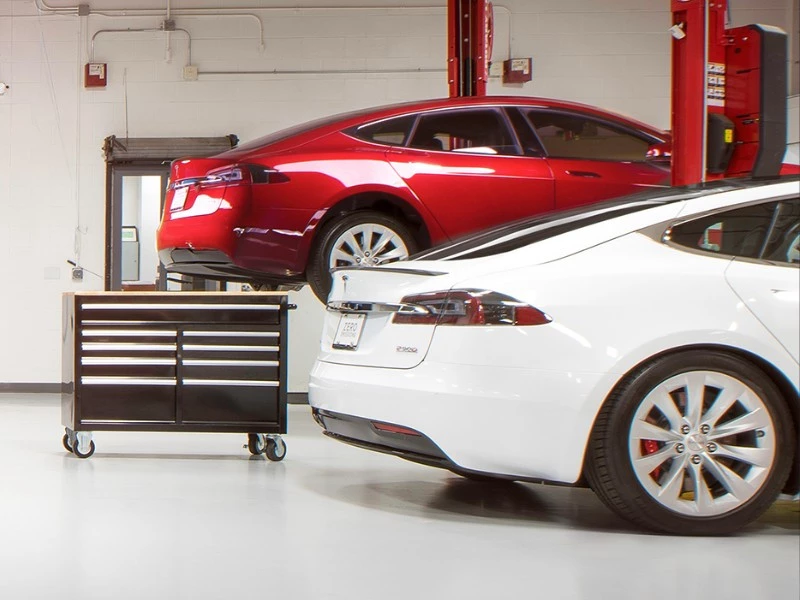
Certified pre-owned cars have been rigorously inspected, repaired, and tested by the manufacturer, providing a compromise between new and used vehicles with warranties and lower price tags. A pre-owned car, meanwhile, may be less expensive upfront and may have had few previous owners. But these older cars come at the risk of reliability, leading to a higher risk of expensive repairs in the future.
The decision of whether to repair or replace your vehicle comes down to a personal choice. Consider the budget, overall cost, and sentimental value of the car along with the daily reliability the car offers. By considering these factors, car owners will be able to make an informed decision that is right for their situation – and pocketbook.

 Red Flags to Watch for at Any Car Dealership
Red Flags to Watch for at Any Car Dealership  PTFE Films in Automotive Wire Harness Protection
PTFE Films in Automotive Wire Harness Protection  Importance of Car Door Inspections During Servicing
Importance of Car Door Inspections During Servicing  Essential Role of Household Battery Backup for OSA Patients and Introducing Jackery Explorer 1000 Plus Portable Power Station
Essential Role of Household Battery Backup for OSA Patients and Introducing Jackery Explorer 1000 Plus Portable Power Station  The Importance of a Spacious Interior in a Modern Family SUV
The Importance of a Spacious Interior in a Modern Family SUV  Your First Step to Driving Confidence: A Beginner’s Guide to EDT Lessons
Your First Step to Driving Confidence: A Beginner’s Guide to EDT Lessons  Learn to recognize early indicators of trunk wear or malfunction before they escalate.
Learn to recognize early indicators of trunk wear or malfunction before they escalate.  Why Is Armoring Sedans Ideal for Discreet Personal Security?
Why Is Armoring Sedans Ideal for Discreet Personal Security? 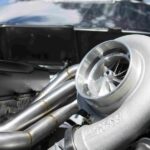 The Role of Mufflers in Turbocharged Engines
The Role of Mufflers in Turbocharged Engines 

